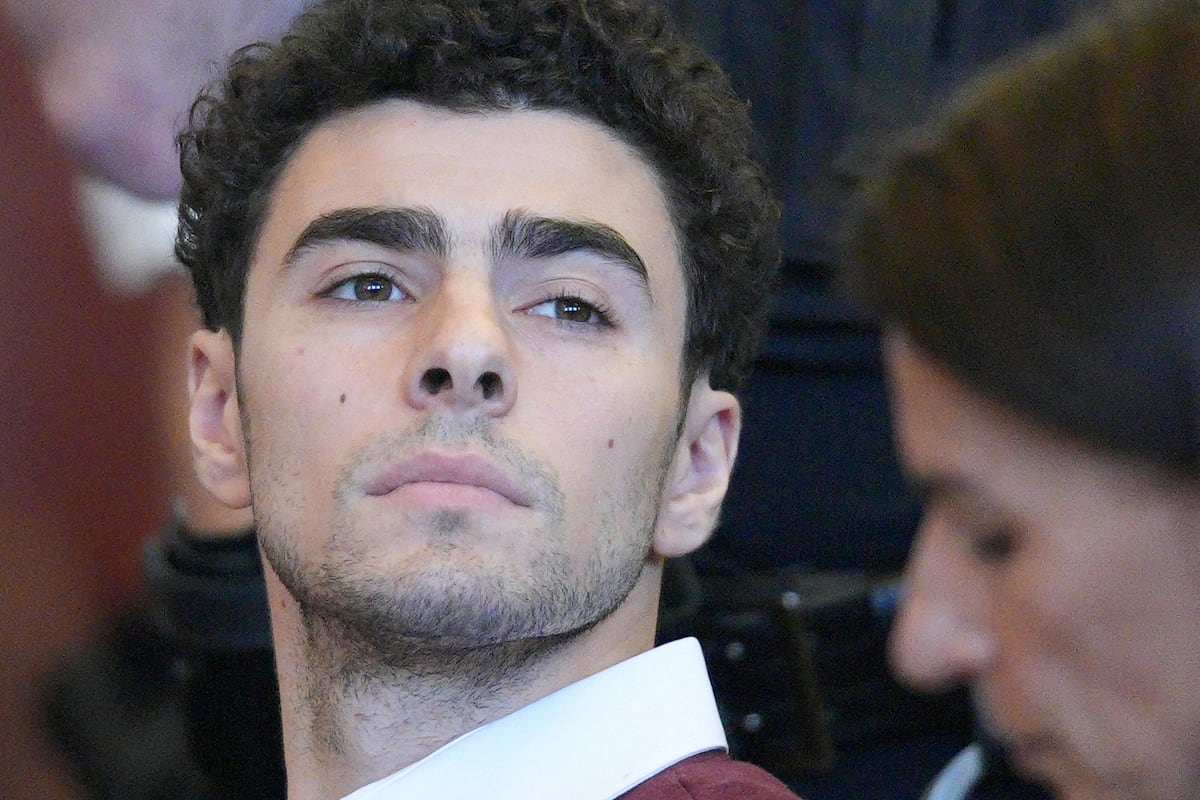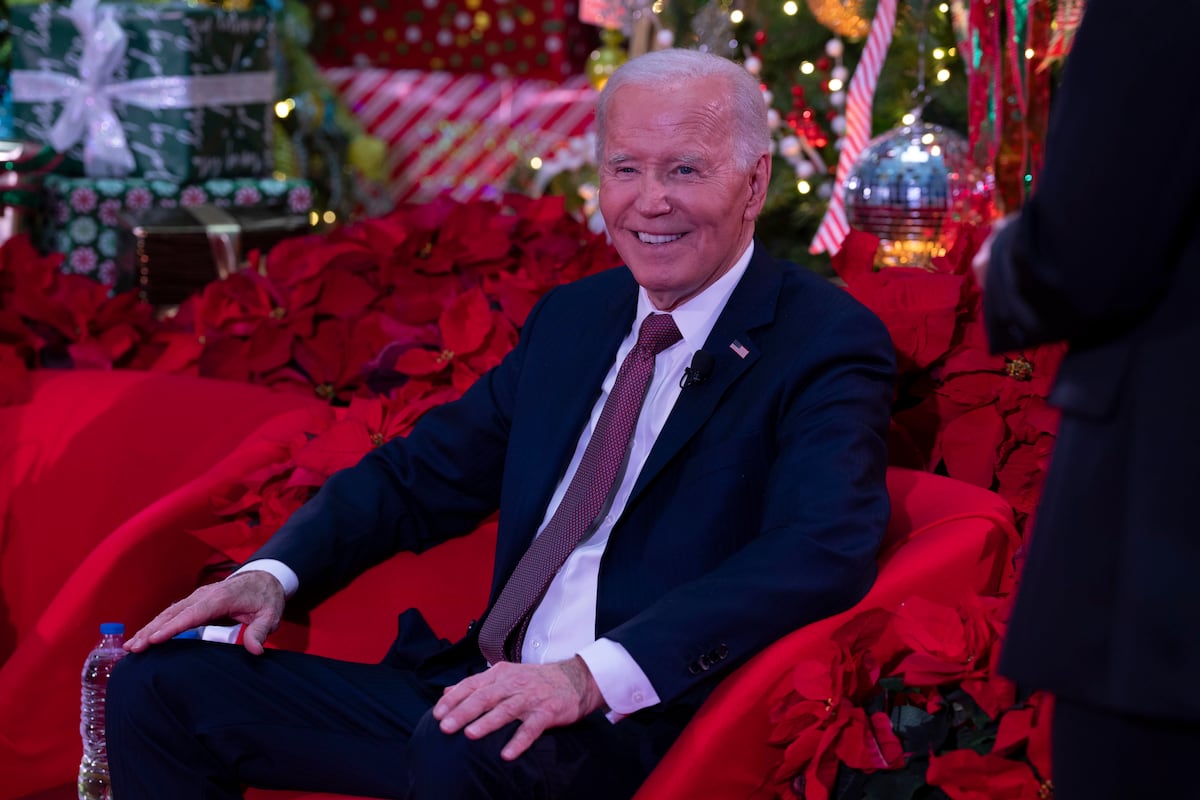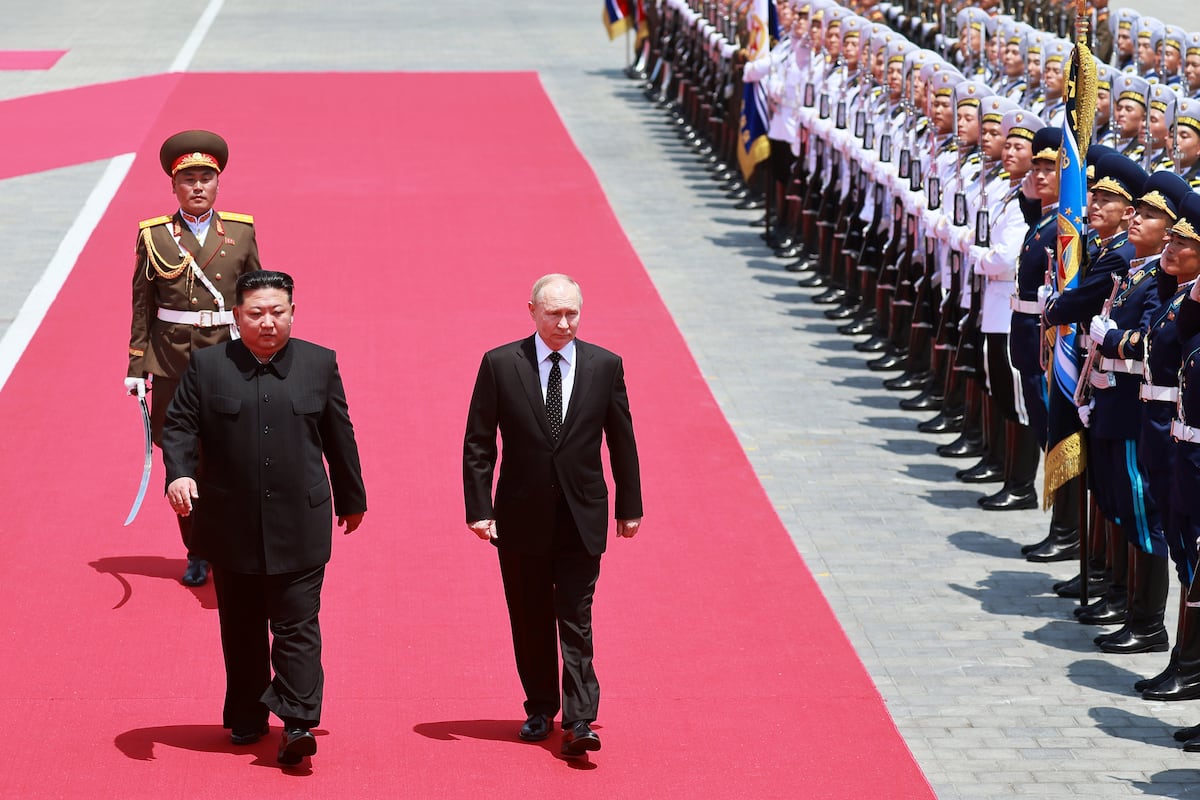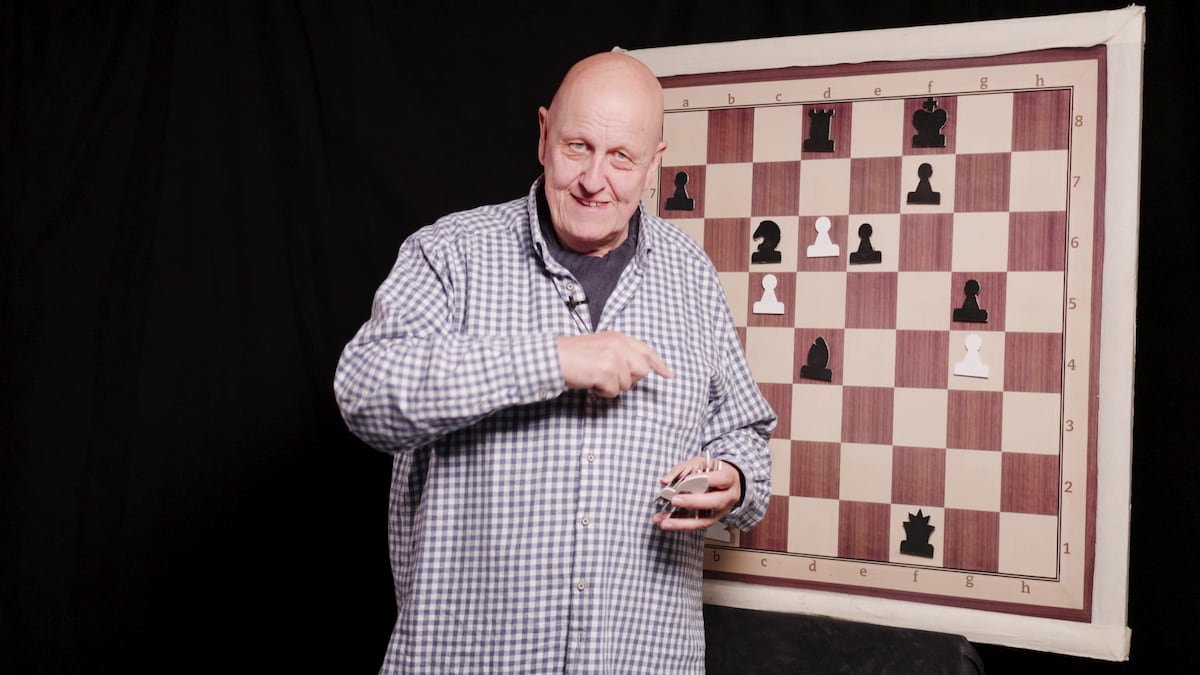Russia is expanding its influence and military presence in the Sahel at a pace never seen before. After consolidating itself in Mali, where Wagner’s mercenaries were decisive in the reconquest of Kidal by the national army against the Tuareg rebels last November, Moscow is now laying the foundations for its deployment in Burkina Faso and negotiating with Niger to become in the necessary military ally. To this end, the Russian Government has created a new military structure, dependent on the Ministry of Defense and called Africa Corps, with which it intends to replace Wagner. Thus, they will go from a decentralized private company model to another formula that implies more direct control by the State. In parallel, at the beginning of December the UN made official its complete withdrawal from Mali after the handover of the Mopti base to the Malian authorities.
On November 14, and after violent fighting against the Tuareg rebels, the Malian army triumphantly entered the city of Kidal, a fiefdom of the independentists that had been outside the control of the State for more than a decade. However, the Malian soldiers were not alone: some 600 Wagner mercenaries were part of the enormous convoy that left Gao for the reconquest. In various videos that circulated on social networks they could be seen aboard armored vehicles circulating through the city after their fall. Days later, a flag with the Wagner logo flew over the Kidal fort until it was removed by the Malian authorities, who prefer to maintain a patriotic discourse that attributes the role of the operation to their own Armed Forces.
“Would the Malian army have been able to reconquer the Kidal region on its own? Who knows. What there is no doubt is that Russian participation has helped and that the Armed Forces of the Sahel, as is the case in Mali, today have better equipment,” says Amid Bencherif, a researcher specializing in the Sahel. The presence of Wagner’s mercenaries on Malian soil has been proven since at least December 2021, as well as their participation in numerous anti-terrorist operations, especially in the center of the country. Russian weapons have been flowing into Mali since then and Colonel Assimi Goïta, leader of the Malian military junta, received a lot of attention from Vladimir Putin himself during the Africa-Russia summit held last July.
However, the death of Yevgeny Prigozhin, Wagner’s boss, after he rebelled against the Russian president, has changed the way this country provides military support to its African allies. On November 22, a recruitment advertisement for a structure called Africa Corps appeared on Telegram, which presents itself as Russia’s new armed wing on the continent, directly linked to the Ministry of Defense. According to the All Eyes on Wagner association, specialized in the activities of this company, “Africa Corps would be a convenient cover to host the operational personnel of the Russian Ministry of Defense, but also its security services, with a much more limited autonomy than the Wagner group and without a strong figure.”
The proximity of Burkina Faso and Niger
Burkina Faso is also approaching Russia. On November 10, a Russian army plane landed at Ouagadougou airport. About twenty uniformed officers got off the plane and settled in a luxurious hotel in the Burkinabe capital, according to different sources. For the first time and after a year of rumors, Russian soldiers were openly seen in a chemical factory and allowed themselves to be photographed in the laboratory of substances against viral hemorrhagic fevers in Bobo-Dioulasso, the country’s second city. Days before, public television in this African country broadcast a report on the fight against jihadism in the north-central region in which an army captain appeared sporting two large Wagner logos sewn to his uniform, according to All Eyes on Wagner.
..
Subscribe
Although Captain Ibrahim Traoré, strong man of the Burkinabe military junta, has chosen since coming to power to reinforce his own capabilities for the anti-jihadist fight, carrying out intense recruitment, even forced, for both his Armed Forces and the controversial Volunteers for the Defense of the Fatherland (VDP), has also recognized on numerous occasions the need to have international support in this fight, especially in material means. Like Goïta, the Burkinabé leader had several conversations with Vladimir Putin at the St. Petersburg summit and later by telephone, and Russian and Burkinabe military delegations have met on multiple occasions in the last year.
In Niger, where a military junta has also ruled since last summer, the new authorities denounced last Monday the Defense agreements that linked it to the European Union. That same day, Russian Deputy Defense Minister Yunous-Bek Evkurov met in Niamey with General Abdourahmane Tchiani, Nigerien President, and General Salifou Mody, Minister of Defense. The meetings aimed to “strengthen cooperation between the two countries in the field of Defense,” according to a statement from the Nigerien Government. “It is evident that there is a strategy [de Rusia] to extend its influence,” says Bencherif, at the same time as hindering Western influence.
This Russian expansion occurs after the authorities of Mali, Burkina Faso and Niger have expelled French soldiers from their respective territories and created the Alliance of Sahel States, an organization of mutual aid and military cooperation that was born in the midst of a threat. of military intervention against Niger by the rest of the countries in the region. The three States also collaborate in economic and commercial matters to counteract the sanctions to which they are subject by the Economic Community of West African States (ECOWAS). The UN mission in Mali has also been forced to pack its bags at the request of the military junta.
Meanwhile, the jihadism that has hit the region for more than a decade and is carried out by the local arms of Al Qaeda and the Islamic State remains very active. The massive attack launched at the end of November against the city of Djibo, in northern Burkina Faso, which was repelled by the army and caused at least 22 soldiers and dozens of terrorists to die, as well as the most recent attacks by jihadists in several Malian cities like Ménaka, test their operational capacity. Last week, the G5 Sahel anti-jihadist alliance, supported by the West, began its dissolution process.
Follow all the international information onFacebook andxor inour weekly newsletter.
Limited time special offer
.
.
_







